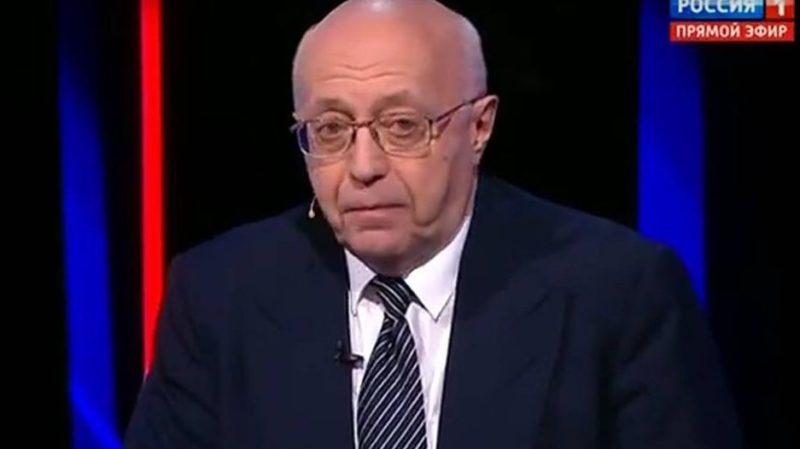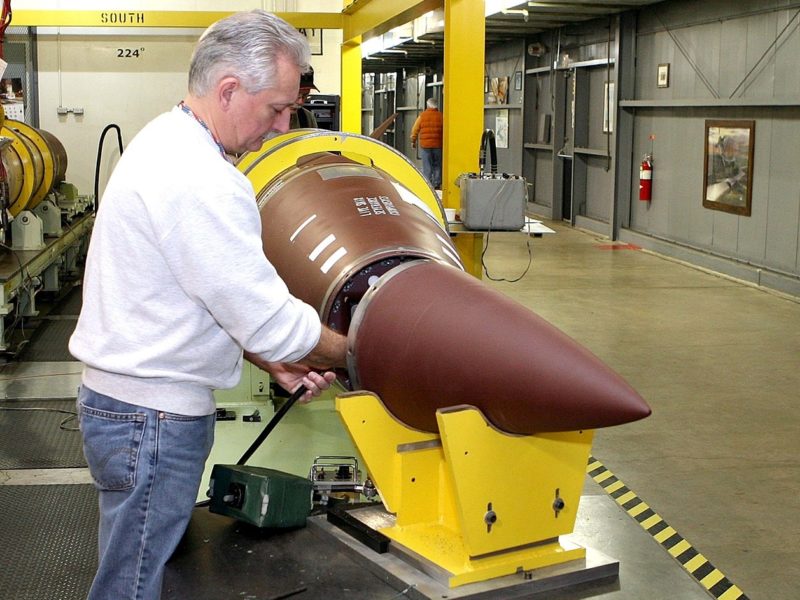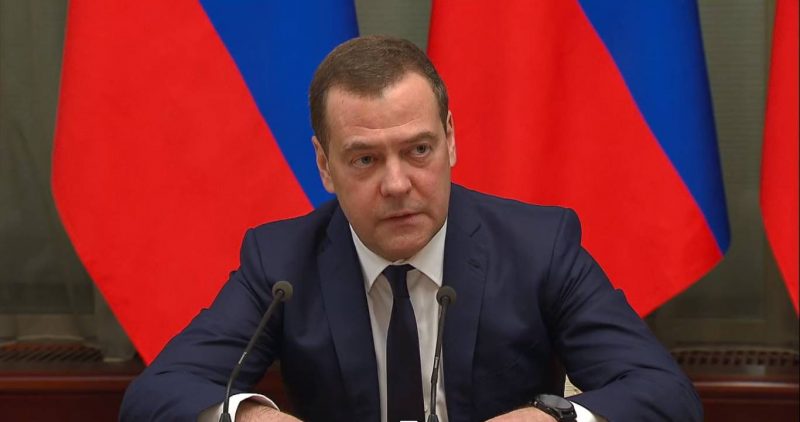10.11.2022, Moscow.
President of the Russian Federation Vladimir Putin became sceptical about the West when he was told that Russia had to be divided into 12 to 15 parts to be accepted to Europe, said philosopher, political scientist and the leader of the Essence of Time movement Sergey Kurginyan on November 6 on the Sunday Evening with Vladimir Solovyov program on the Russia One channel.
Kurginyan reminded that starting from early 2000s Russia followed the principle of Western-centrism, market economy, plus centralized state. This “very Saint Petersburg” concept was Putin’s real credo when he came to power.
Within this concept, Russia was preparing to become “a great energy power,” and pro-Western reforms were made along with so-called “optimizations,” i.e. removal of “unnecessary” Soviet heritage. Later, however, the Russian leader received a message from the Western elites that Russia could only integrate into Europe by parts. Putin refused to partition the country.
“Putin became sceptical at the moment when certain guests… told them [the top officials in Moscow] that they could integrate into Europe, but only by parts. This could even be simulated as a confederation of 12 to 15 states, which each integrating into something,” Kurginyan told.
“I firmly believe that the president of Russia would rather die than make a single step towards any decentralization of Russia. He believes in a united centralized Russia. This is a passionate human belief he has, this is his existential core,” he stressed.
“For a long time it was alleged that communism is a beautiful but harmful fairy tale, and if a market-based economy is combined with a strong state then everything will become alright, and we would integrate into the Western trend because they are the leaders. When were these constants rejected? And what sequence was taking place during this rejection?” Kurginyan wondered.
According to Kurignyan, the authorities must explain to the public that, when they were leading the country towards the West and when they were making pro-Western reforms, they made a mistake, and that they have tragically realized this mistake. Our top officials must realize that the former concept (Western-centrism and belief in the market-based economy) does not work any longer, and it must make practical conclusions from this.
And this means that, instead of the elite that can buy anything abroad and translate Western documents from English to implement them in Russia, people capable of restoring domestic production, science, and defense industry must be promoted.
Source: Rossa Primavera News Agency




